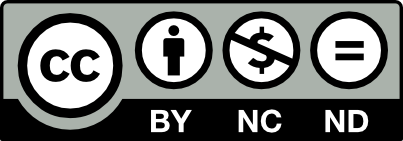Racconto di uno psicologo allo sbarco
DOI:
https://doi.org/10.23823/jps.v2i1.35Abstract
An arrival of migrants certainly implies some psychological problems and when this happens in a port during a disembarkation, the place and the manner in which it takes place characterizes this event as an emergency situation. This context is defined as an emergency for several reasons. The journey to get to the Italian coast is done in precarious and unsafe conditions. In many cases the migrants cross the sea on a rubber boat that brings very different people with several needs and without the guarantee of any kind of assistance.Very often the lack of an immediate medical assistance during the journey has caused the death of numerous migrants, which makes this experience even more tragic and traumatic.
The vicissitudes of the sea voyage and the need to leave both their land for war and their family members create a pschological wound.
These vicissitudes are very dramatic, making it necessary a Psychological First Aid, with the aim of providing psychological and emotional support and satisfying their primary needs. Even for rescuers this activity is highly charged with emotional features. A debriefing intervention with, a support for operators, are the main activity on which an Emergency Psychologist operates in these contexts.
Downloads
Downloads
Published
Issue
Section
License
Authors who publish in this journal agree to the following:
- Authors retain the rights to their work and give to the journal right of first publication of the work simultaneously licensed under a Creative Commons License - Attribution that allows others to share the work indicating the authorship and the first publication of this journal.
- Authors can accept other non-exclusive licensing agreements for the distribution of the published version of the work (eg. Deposit it in an institutional repository or publish it in a monograph), provided to indicate that the document was first published in this journal.
- Authors can spread their work online (eg. In institutional repositories or on their website) before and during the submission process, because it can lead to productive exchanges and increase the work published citations (See The Effect of Open Access) .









